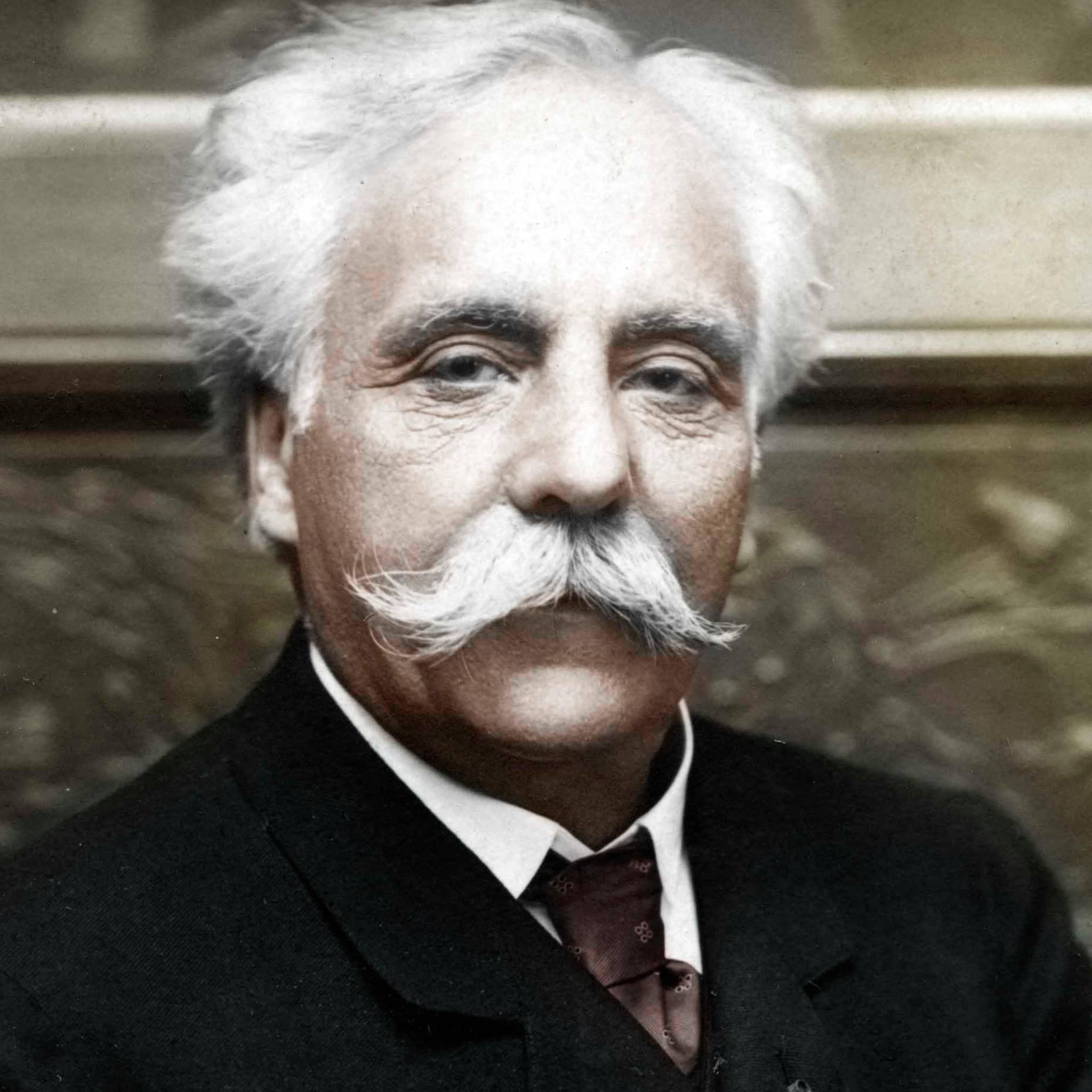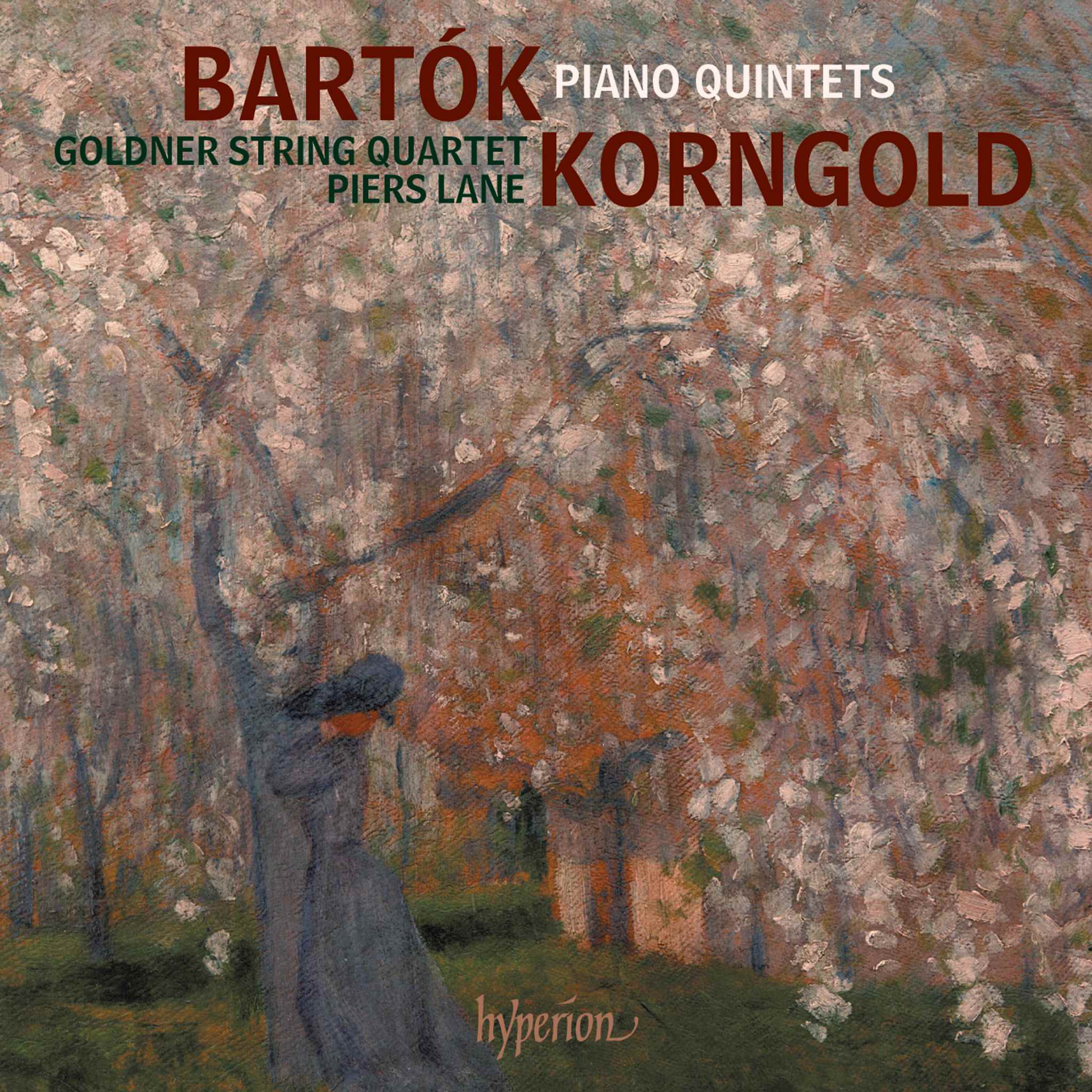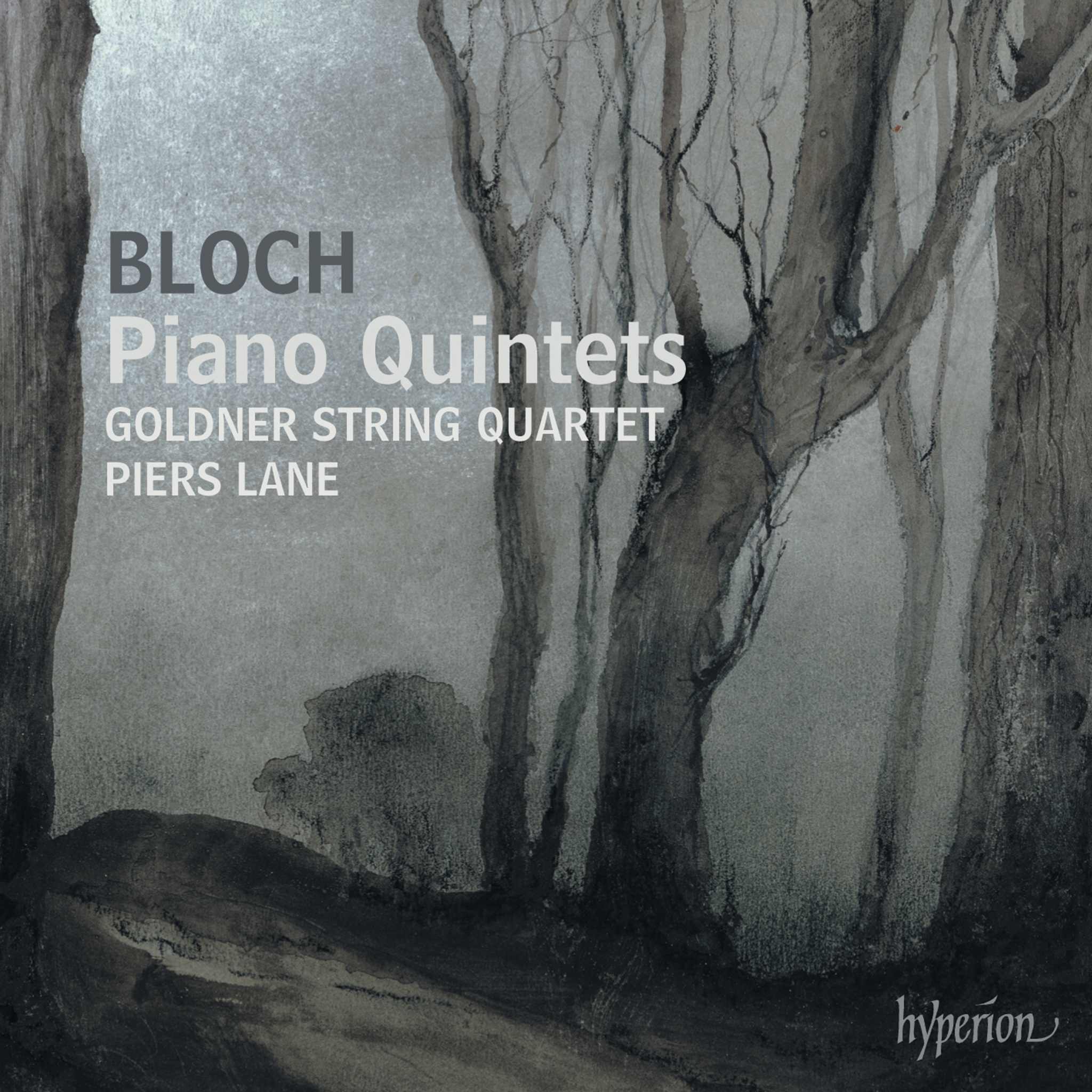Percy Aldridge Grainger Percy Aldridge Grainger (1882–1961) was an outstanding Australian composer and pianist, particularly renowned for his arrangements of classical piano music. Along with Liszt, he is considered a pioneer of this genre, which was also shaped by such luminaries as Busoni, Godowsky, and Rachmaninoff. His transcriptions are characterized by a distinctive style and a profound understanding of the piano, lending the works exceptional expressiveness and beauty. Although many of his piano pieces are arrangements, some thirty arrangements of other composers' works highlight his creative originality.
Even as a child, Grainger composed in the style of Handel and later dedicated these works to his mother, Rose, as a birthday present. Through her, he became acquainted early on with important composers such as Bach, Brahms, Grieg, and Schumann, whose works later enriched his concert repertoire. His enthusiasm for melodies and his joy in inspiring listeners are reflected in his eight "Free Settings of Favourite Melodies," composed between 1920 and 1942, which include popular pieces such as piano concertos by Grieg and Schumann.
The first arrangement Grainger published was a paraphrase of Tchaikovsky's Waltz of the Flowers, which premiered in 1901 at a solo concert in London's Steinway Hall. Grainger developed this homage to the French pianist Delafosse with his own distinctive touch, beginning with a preference for English performance directions. The arrangement is distinguished by its virtuosic passages and a powerful final cadenza.
During his time in London, Grainger forged friendships with artists such as Sir Charles Villiers Stanford, who boosted his confidence as a pianist. The Four Irish Dances are based on Irish folklore, which Grainger presented in his concerts alongside works by Stanford. In this way, he expressed the diversity of Irish folk music and conveyed a wide range of emotions.
With his Tribute to Foster, a composition written between 1913 and 1916 and based on Stephen Foster's Camptown Races, Grainger experimented with glass effects and variations, creating a unique soundscape. His affinity for Fauré's music led him to integrate the latter's melodies into his "Free Settings of Favourite Melodies," thus enriching classical music.
Grainger revered Richard Strauss and dedicated an artful piano arrangement of "Der Rosenkavalier" to him. He completed this emotional arrangement, which underscores his pianistic mastery, after his mother's death in 1922. His precise notation demands a faithful reproduction of Strauss's rich sonic textures.
The encounter with Frederick Delius in 1907 left a lasting impression on Grainger, who subsequently created a sensitive piano arrangement of Delius's Air and Dance. Based on the original for string orchestra, Grainger gave the work a new character.
His numerous transcriptions of popular melodies testify to Grainger's deep desire to share the beauty of music. From Dowland to composers like Gershwin and influences from the Far East, his arrangements reflect his passion for musical diversity.
In all of Grainger's compositions, his love of music resonates like a breath of fresh spring air. His artistic output was always characterized by the transmission of knowledge and joy and remains a lasting inspiration for music lovers worldwide.













